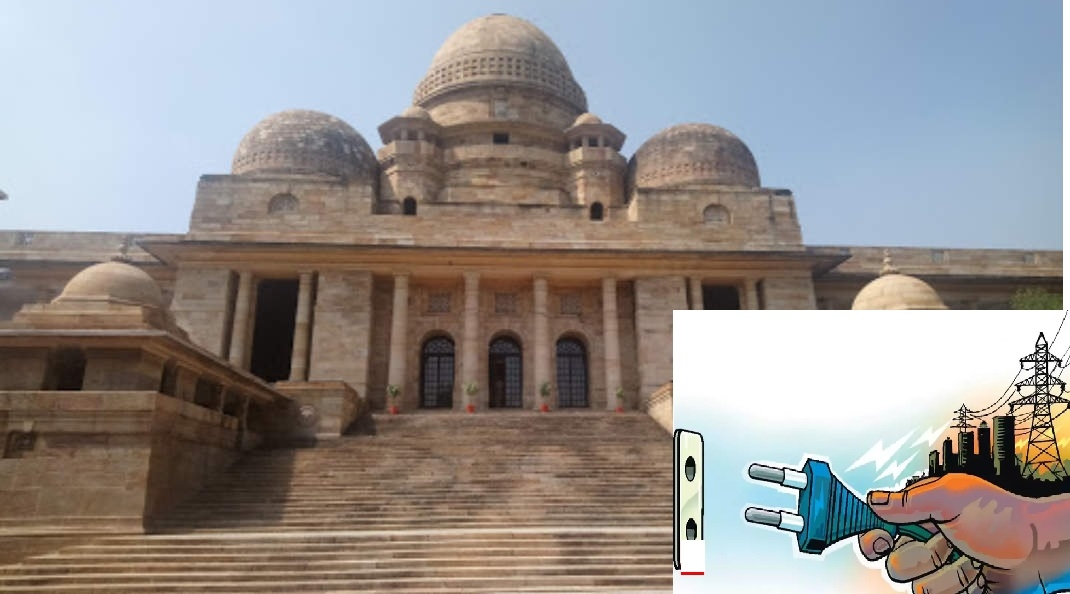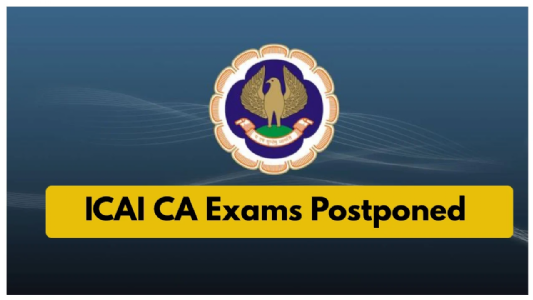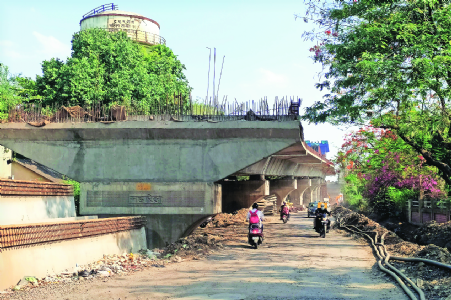‘No recovery of power bill arrears beyond two yrs’
| Date :28-Mar-2019 |

Staff Reporter,
Power distribution licensee can not demand electricity bill beyond two years unless amount is continuously reflected as arrears in bill
IN a major respite to electricity consumers fighting with power distribution companies over old dues and arrears, the Bombay High Court has held that a power distribution licensee cannot demand charges or consumption of electricity for a period of more than two years preceding the date of the first demand of such charges unless the amount of money owed is reflected in the electricity bill during the two-year period.
A full bench consisting of Justice Satyaranjan C Dharmadhikari, Justice Bharati H Dangre and Justice Anant M Badar while deciding a reference made to a larger bench clearly ruled that the distribution licensee will have to raise a demand by issuing a bill and it must include amount for the period preceding more than two years. “Even if supplementary bills are raised to correct the amounts by applying accurate multiplying factor, still no recovery beyond two years is permissible unless that sum has been shown continuously as recoverable as arrears of charges for the electricity supplied from the date when such sum became first due and payable,” the High Court held while clearing all confusion over this vexed issue. The full bench was constituted after a single judge of the High Court, found two conflicting judgments of division benches while hearing a writ petition filed by the Maharashtra State Electricity Distribution Company Limited (MSEDCL). The detailed judgement has been authored by Justice S C Dharmadhikari on behalf of the full bench. According to the petitioner MSEDCL, the consumer who was using an industrial connection of three phase since 2003 was paying electricity bills regularly. However, in December 2010, errors in the multiplying factors were detected when the meter was checked.
The MSEDCL issued a monthly bill dated February 8, 2011, for Rs17,91,410. Thereafter, on May 10, 2011, a letter enclosing a final bill for the differential amount of Rs 28,37,845.25, was raised for the period of September 2003 to December 2010, after deducting the amount already paid. The consumer challenged the bill before the electricity ombudsman. However, the Ombudsman passed an order in favour of MSEDCL and held that this differential amount claimed was payable and that the said bill was legal and proper. Thereafter, the consumer filed another application seeking quashing of the said bill which was allowed. Advocate General Ashutosh Kumbhakoni appearing on behalf of the MSEDCL justified the bill raised on technical grounds. According to him, HT consumers are supplied electric energy with voltage as high as about 11,000/22,000/33,000/EVH volts. If such high voltage/current supply is allowed to directly pass through an electric meter installed for measuring the quantity of electricity supplied, it will instantaneously burn or may explode. Therefore, it is necessary that the electricity so supplied is converted by the transformation of current and voltage by providing Current Transformer and Voltage Potential Transformer units. In such cases, the actual electricity (with substantially reduced voltage and current) passes through the electric meter.
The same is though proportionate to the one actually supplied, it is only a small portion of the electric energy actually supplied (like a miniature image). Thus, in such cases, the actual meter reading does not reflect the correct amount of electric energy supplied to the consumer. Resultantly, it becomes necessary to apply to such actual meter reading a proper multiplying factor so as to get the actual or correct amount of electric energy supplied to the High Tension consumer. The High Court after examining all technical arguments and statutory provision noted that section 56 deals with disconnection of supply in default of payment, when a consumer neglects to pay any charge for electricity or any sum other than a charge for electricity due from him to a licensee or the generating company in respect of supply, transmission or distribution or wheeling of electricity to him. However, as far as the consumer is concerned, no sum due from him under Section 56 shall be recoverable after the period of two years from the date when such sum became first due unless such sum has been shown continuously as recoverable as arrears of charges for electricity supplied. If this condition is satisfied, then alone the licensee shall cutoff the supply of electricity and not otherwise, the High Court clarified and found no conflict in two judgements.







